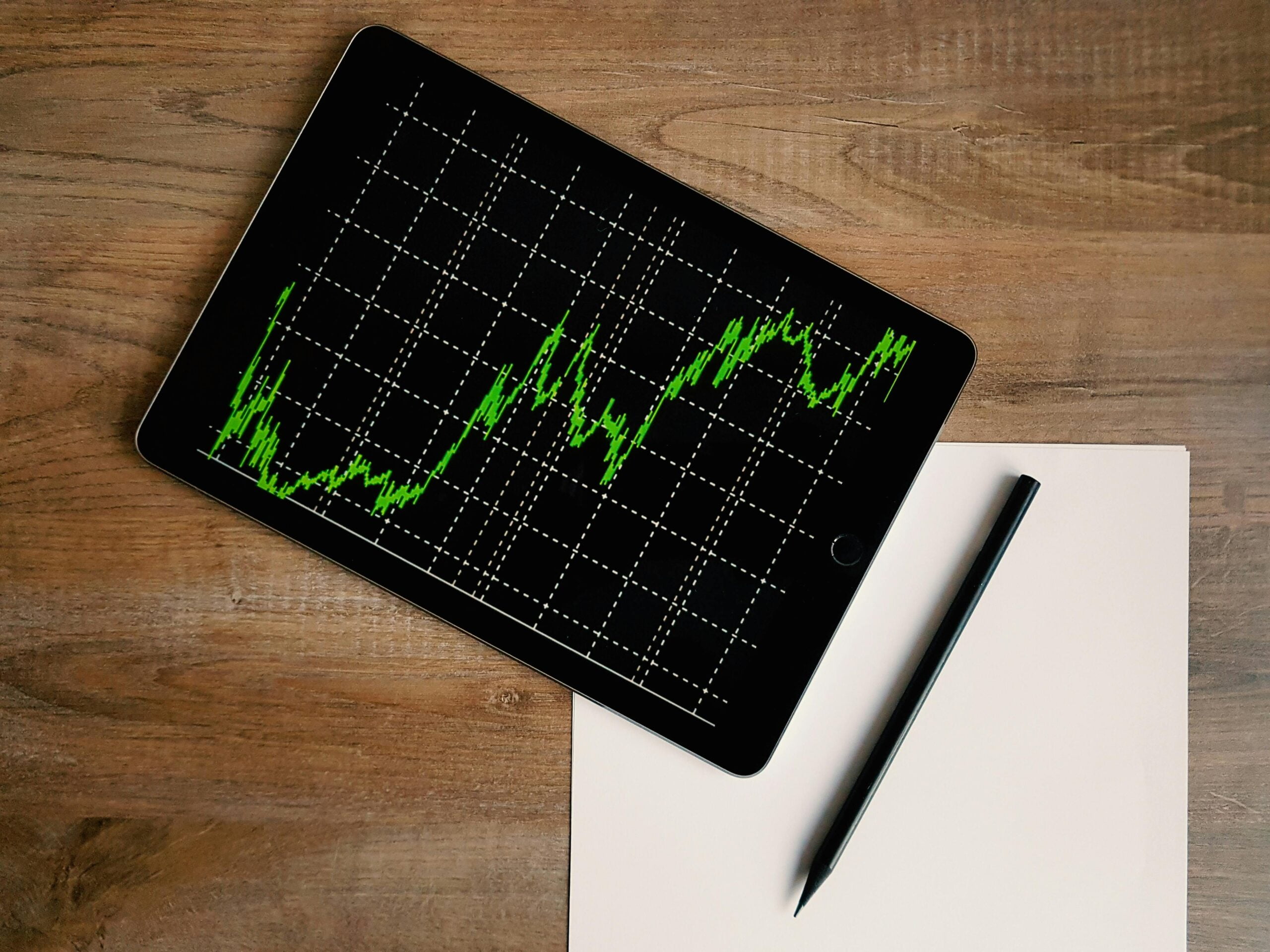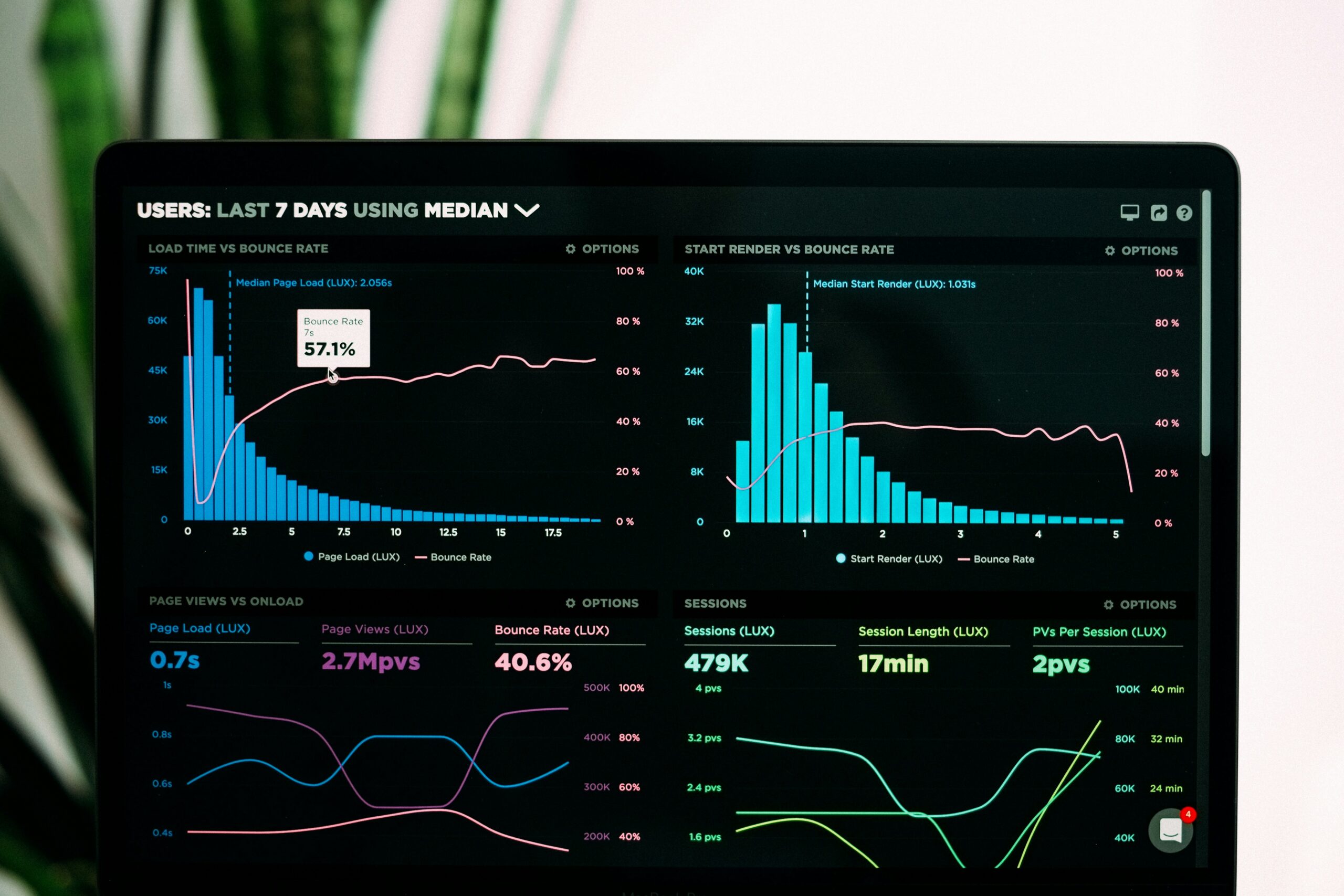How Data Analytics is Changing the World
Table of Contents
Introduction
In today’s digital era, data analytics has become a transformative force, reshaping industries and influencing everyday lives. From healthcare and finance to environmental conservation, data analytics is at the heart of key innovations that drive progress and efficiency. The way data is collected, processed, and interpreted has evolved dramatically, offering insights that were unimaginable a decade ago. This profound change demonstrates how data analytics is changing the world, by enabling businesses to make informed decisions, improving public services, and contributing to solutions for global challenges. This article explores the evolution of data analytics, its impact on various sectors, and the emerging trends that promise to redefine the future.
The Evolution of Data Analytics
From Simple Data Collection to Advanced Predictive Models
Historically, data analytics was limited to basic data collection and descriptive statistics. Early methods focused on collecting data to understand trends and patterns, often relying on manual calculations and rudimentary tools. Over time, advancements in technology revolutionized data analytics, transitioning from simple descriptive methods to sophisticated predictive models.
Studies show that the global data analytics market has grown exponentially, with AI and machine learning being pivotal in this evolution. Today, data analytics encompasses a broad spectrum of capabilities, including predictive modeling and real-time data processing. This progression allows organizations to not only understand past behaviors but also to predict future outcomes with remarkable accuracy.
Transforming Industries through Data Analytics
Revolutionizing Healthcare with Real-Time Data
In healthcare, data analytics has revolutionized patient care through real-time data collection and predictive analytics. Wearable devices, such as fitness trackers and smartwatches, monitor vital signs and provide real-time health data, enabling early diagnosis and personalized care. For example, continuous glucose monitoring (CGM) systems allow diabetes patients to track their blood sugar levels in real-time, improving disease management and reducing the risk of complications.
Thanks to data analytics, doctors and medical providers are able to monitor patient health without being intrusive. In some cases, wearable tech can even give patients the power to keep their health in check. A great example of this in action is PK Vitality – a wearable smartwatch with built-in continuous glucose monitoring data analytics software.
Enhancing Environmental Conservation Efforts
Data analytics is also instrumental in environmental conservation, aiding efforts to protect wildlife and preserve ecosystems. Platforms like Movebank, which uses GPS and other tracking technologies, collect data on animal movements to better understand migration patterns and habitat use. Today, Movebank stores over 600 different million animal locations and 750 species. This information supports conservation projects by identifying critical areas for protection and understanding species’ responses to climate change.
Furthermore, data analytics enables the monitoring of environmental changes, such as deforestation and air quality, which informs policy decisions and fosters sustainable practices. By leveraging these insights, conservationists can prioritize resources and implement strategies that have the greatest positive impact.
Learn how various sectors benefit from at SAS Insights.
Data Analytics in Everyday Life
Personalization of Consumer Experiences
One of the most visible applications of data analytics in everyday life is the personalization of consumer experiences. Companies like Spotify and Netflix use machine learning algorithms to analyze user preferences and provide tailored recommendations. This personalization enhances customer satisfaction and boosts engagement, with studies by McKinsey revealing that personalization can increase revenues by up to 15%.
Machine learning models analyze data from multiple sources, including past interactions, preferences, and behaviors, to deliver content that resonates with users. This not only improves the customer experience but also helps companies retain customers and optimize their marketing strategies. Identity theft and fraud are significant threats to both consumers and businesses. American consumers lost $56 billion to identity theft in 2020, and fraud topped the list of complaints to the FTC in 2021 with 2.8 million reports. In the vast sea of consumer information, human analysts can’t pinpoint all potential instances of fraud on their own. Fortunately, machine learning and artificial intelligence offer new tools to combat fraudulent purchases and catch criminals.
Navigating Crises with Data Analytics
Real-Time Insights During Global Emergencies
During global crises, such as the COVID-19 pandemic, data analytics plays a crucial role in providing real-time insights that support rapid decision-making. For example, Google Cloud’s COVID-19 Public Dataset Program enabled researchers and policymakers to access and analyze data on infection rates, testing, and hospital capacities. These insights helped governments implement targeted interventions and allocate resources effectively.
Real-time data analytics allowed for dynamic modeling of infection spread, which facilitated timely public health responses. By understanding patterns in real-time, organizations and governments were able to better manage the crisis, demonstrating how data analytics is changing the world in critical, life-saving ways.
Future Trends in Data Analytics
The Rise of AI and Machine Learning
Looking to the future, advancements in AI and machine learning are expected to further enhance data analytics capabilities. These technologies are being integrated into fields like autonomous vehicles and smart cities, where vast amounts of data are processed in real-time to ensure safety and efficiency. Autonomous vehicles, for example, rely on AI-driven data analytics to navigate roads, avoid obstacles, and respond to changing conditions instantaneously.
Smart cities are another area where data analytics is set to make a significant impact. By using AI to analyze data from various sources, such as traffic cameras and environmental sensors, cities can optimize energy use, improve public safety, and enhance the quality of life for residents. These developments underscore the growing role of data analytics in shaping a smarter, more connected world.
FAQ Section
What is data analytics?
Data analytics is the process of examining raw data to uncover patterns, trends, and insights that inform decision-making. It involves various techniques, including statistical analysis, predictive modeling, and machine learning.
Why is data analytics important in modern business?
Data analytics helps businesses make data-driven decisions, improve operational efficiency, and enhance customer satisfaction. By analyzing trends and patterns, companies can optimize strategies, reduce costs, and gain a competitive edge.
How is data analytics used in healthcare?
In healthcare, data analytics is used for patient monitoring, predictive modeling, and disease prevention. It enables real-time health tracking, improves patient outcomes, and supports personalized treatment plans.
What impact does data analytics have on consumer experiences?
Data analytics allows companies to personalize consumer experiences by analyzing user data to offer tailored recommendations. This enhances customer satisfaction, increases engagement, and boosts brand loyalty.
How can data analytics improve environmental conservation efforts?
Data analytics supports conservation by tracking animal movements, monitoring environmental changes, and informing policy decisions. This helps protect endangered species, combat climate change, and promote sustainable practices.
Conclusion
The pervasive impact of data analytics is evident across diverse sectors, from healthcare and environmental conservation to personalized consumer experiences. As data becomes increasingly central to decision-making, the importance of data analytics in driving technological and societal shifts cannot be overstated. With emerging trends like AI and machine learning set to revolutionize the field further, data analytics is poised to continue changing the world in profound ways. For those interested in learning more about data analytics tools and applications, explore our related articles on “7 Top Data Analytics Tools in 2024” and “Why Data Analysis is Important for Businesses” to stay ahead of the curve.
Data analytics has already transformed the world we live in, and as technology advances, its influence will only continue to grow. Embracing data-driven insights will be key to navigating the future with confidence and innovation.


